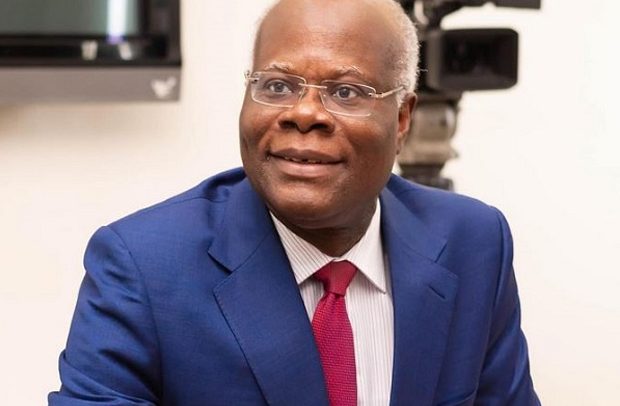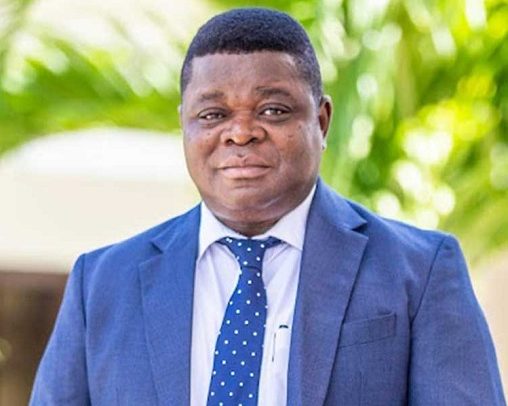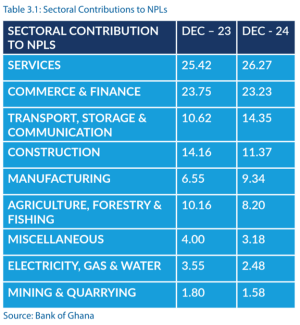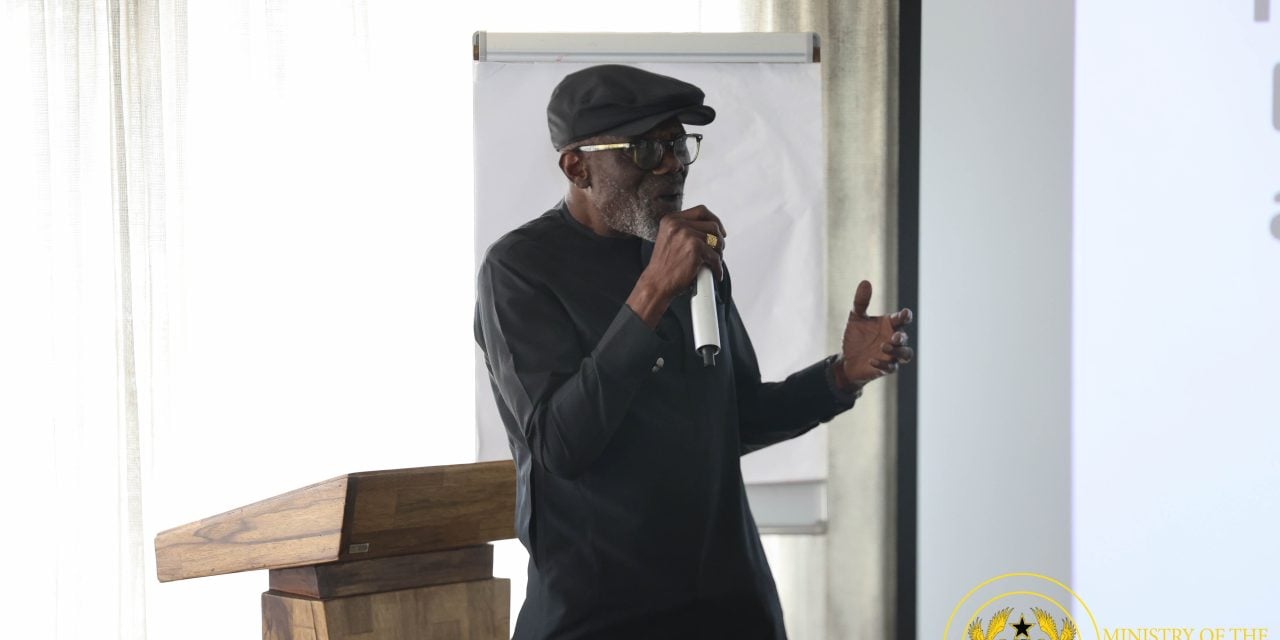
President Nana Addo-Dankwa Akufo-Addo is launching in Accra today, the Co-ordinated Programme of Economic and Social Development Policies 2017-2024 on the theme "Agenda for Jobs : Creating Prosperity and Equal Opportunity for All.
The launch is in line with the Constitutional provision in Directive Principle of State Policy as espoused in Article 36(5) "For the purposes of the forgoing clause of this article, within two years after assuming office, the President shall present to Parliament a co-ordinated programme of economic and social development policies, including agricultural and industrial programmes at all levels and in all the regions of Ghana."
This 2017-2024 co-ordinated programme is the successor of the Ghana Shared Growth and Development Agenda 1 and 2 that have ended.
The entire country is in agreement that unemployment is high so
Job creation has been high on the manifestoes of political parties and took a centre stage in the heat of the 2016 electioneering campaigns, during the last election in December.
A major problem facing the country today is the high turn of graduates well in excess of the capacity of the labour market can absorb.
That is why we find the theme of the co-ordinated programme "Agenda for Jobs: Creating Prosperity and Equal Opportunity for All" appropriate and it the wish of well meaning Ghanaians that jobs are created to absorb the teeming graduates coming out of schools to eke out a living.
Creating equal opportunity for all is a constitutional requirement enshrined in Article 36(1) which states that "The state shall take all necessary action to ensure that the national economy is managed in such a manner as to maximise the rate of economic development and secure the maximum welfare, freedom and happiness of every person in Ghana and to provide adequate means of livelihood and suitable employment and public assistance to the needy."
Indeed, we are obliged under the Sustainable Development Goals Agenda 2030, of which the President is the co-Chair of a group of eminent personalities constituted by the Secretary General of the United Nations to galvanise support and generate awareness in the international community to, among others, eliminate poverty and leaving no one behind, not forgetting to take measures to protect the planet and the environment for generations.
Indeed, successive governments have expanded the economy, created jobs including facilitating entrepreneurial skills acquisition to make people self-employed, so that they do not t always look up to the government for jobs.
At the back of these initiatives governments have facilited grants to start ups but regrettably many of those who took huge sums of moneys (revolving fund) as start-up capital to undertake economic ventures to improve their circumstances, have not lived up to expectation. In most cases, the beneficiaries of such resources think that it is a "thank you gift" from the government for voting it into power.
Efforts to recover such facilities have often not yielded the desired results; consequently prospective beneficiaries have been disadvantaged. The intent of such facilities has been defeated.
The government can roll out plans, programmes and projects to improve the well-being of society. But such efforts could come to naught, without corresponding efforts in change of attitudes from beneficiaries of such programmes, as well as government machinery to make it work.
Once, the progamme has been launched and the programmes rolled- out, we expect the citizenry to grasp the opportunities therein. We expect Parliament to exercise its oversight responsibility through its committees to hold public officers accountability for expenditures under the programme to ensure value for money.
Read Full Story

















Facebook
Twitter
Pinterest
Instagram
Google+
YouTube
LinkedIn
RSS